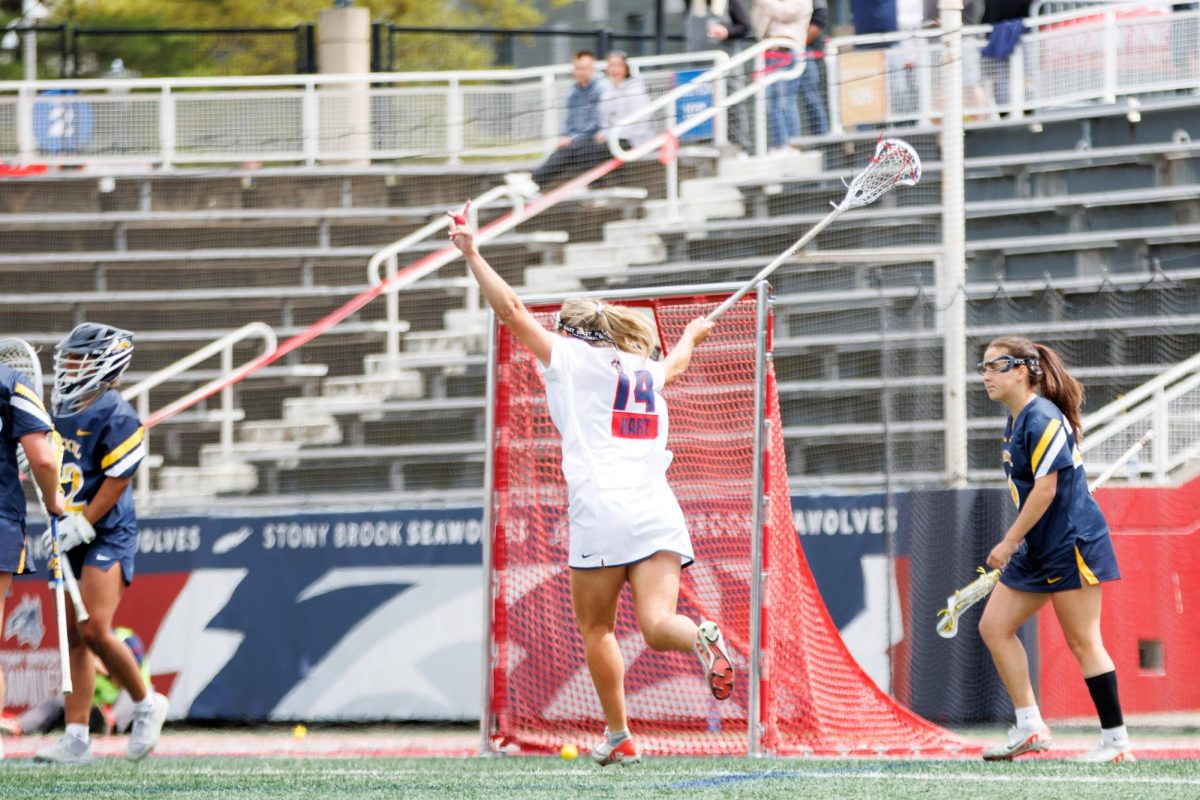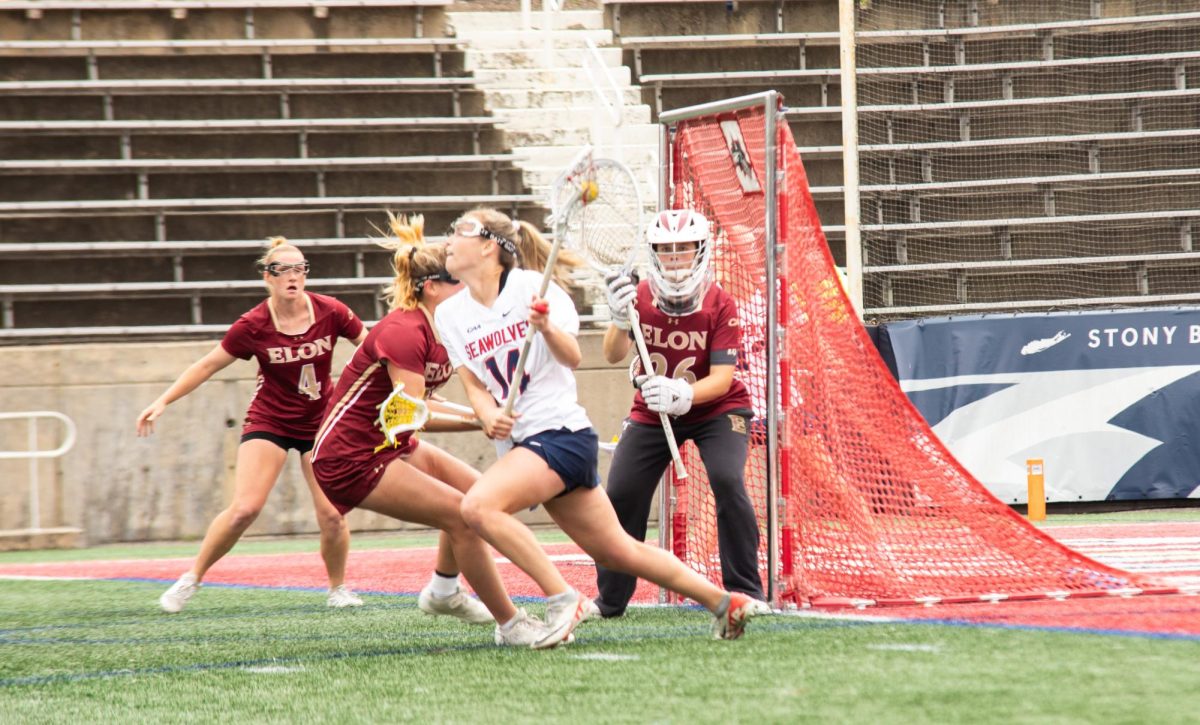Tensions in the Honors College at Stony Brook have been high, as students try to adjust with the college’s new leadership.
The new director, Oliver Street III, also known as Trey, became the director at the beginning of the fall semester and has changed the way things operated under the past director .
According to Street, he has been following the Student Handbook tighter. One instance includes how the Honors College seminars are taken – according to Street, it’s to be taken in a sequence, but students say that’s normally not how it happened in the past.
“It’s always been designed sequentially,” Street said. “If you don’t have the courses in a sequence, you can’t possibly have a building. They weren’t [followed], but that’s not the original design and original intent.”
There are five seminars to be taken in the Honors College: HON 106, HON 105, HON 201 and HON 301, in that order. According to Street, HON 106 and HON 105 should be taken freshman year, HON 201 in sophomore year, HON 301 in junior year and HON 401 in senior year. In the past, students would switch if they had to because, according to a few students who requested to be off of the record for their own academic protection, the courses did not build on each other. Street first informed the students of this change in policy in the beginning of the semester.
“It’s making it cohesive but there’s no current rationale,” one student said, who wished to be anonymous. “But we support the idea in theory.”
But the way the policy change was enforced was questionable as well.
Students received an email on Sept. 3 at 2:06 p.m. giving a reminder to the policy changes. In the email, Street said he was reviewing each student’s schedule to ensure the guidelines were being followed. There was an exception for juniors to take HON 401 due to only one section of HON 301 being available. If the guidelines were not followed, he said in the email, they would be automatically dropped by the end of the business day.
One student, who was planning on taking HON 401 in her junior year because of scheduling problems, was denied access at first. The HON 401 professor, Professor Wilber Miller, said that she was allowed to take his class and notified the directors, but they rejected it.
“Trey and I will have to insist that she take a section of HON 301 unless there is some overriding reason for her not doing so,” said Faculty Director Jeff Edwards in an email to the professor, provided by an Honors College student. “Things are beginning to settle down, but Trey is still taking a lot of heat for tightening things up a bit with regard to course enrollment issues, etc. We find ourselves between various rocks and hard places now that the Honors College is under review by the Provost’s honor education task force.”
According to the Honors College Policy Petition, “it is essential that Honors College policy changes be crafted in an open and public manner, allowing students, the true beneficiaries of these adjustments, to be aware of and have input in the modifications.”
But students say they were upset about the way policy changes were handled and how they had little input, regardless of a petition signed by 130 Honors College students, as well as other non-Honors College students.
“I’m more unhappy with the way it was dealt with,” one student said, who also could not speak because of academic protection. “Maybe the policy was there but to enforce it the way they did is not right.”
“It’s not fair we can’t just say it’s not fair,” she added.
In the 2010-11 Student Handbook for the Honors College, it specifically said students must take one seminar per academic year, but in the 2009-10 Student Handbook, it does not.











